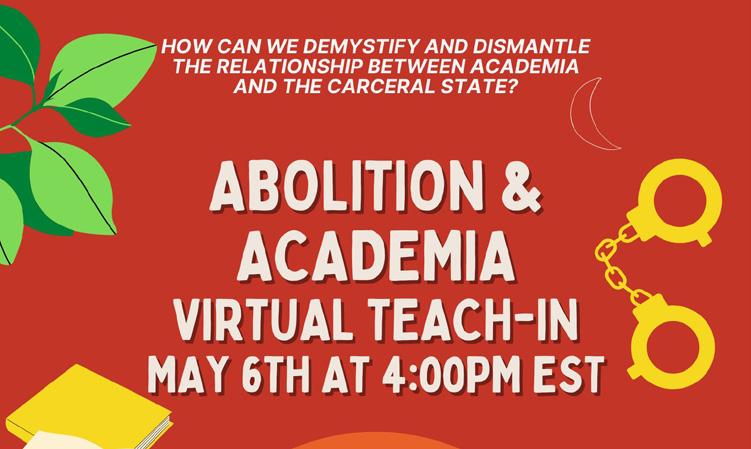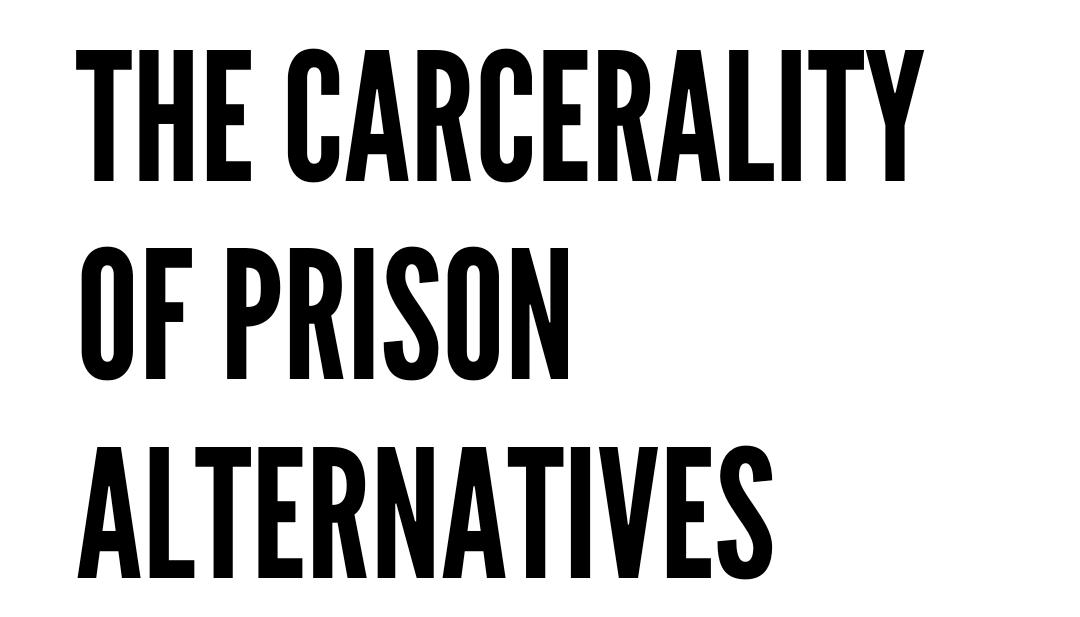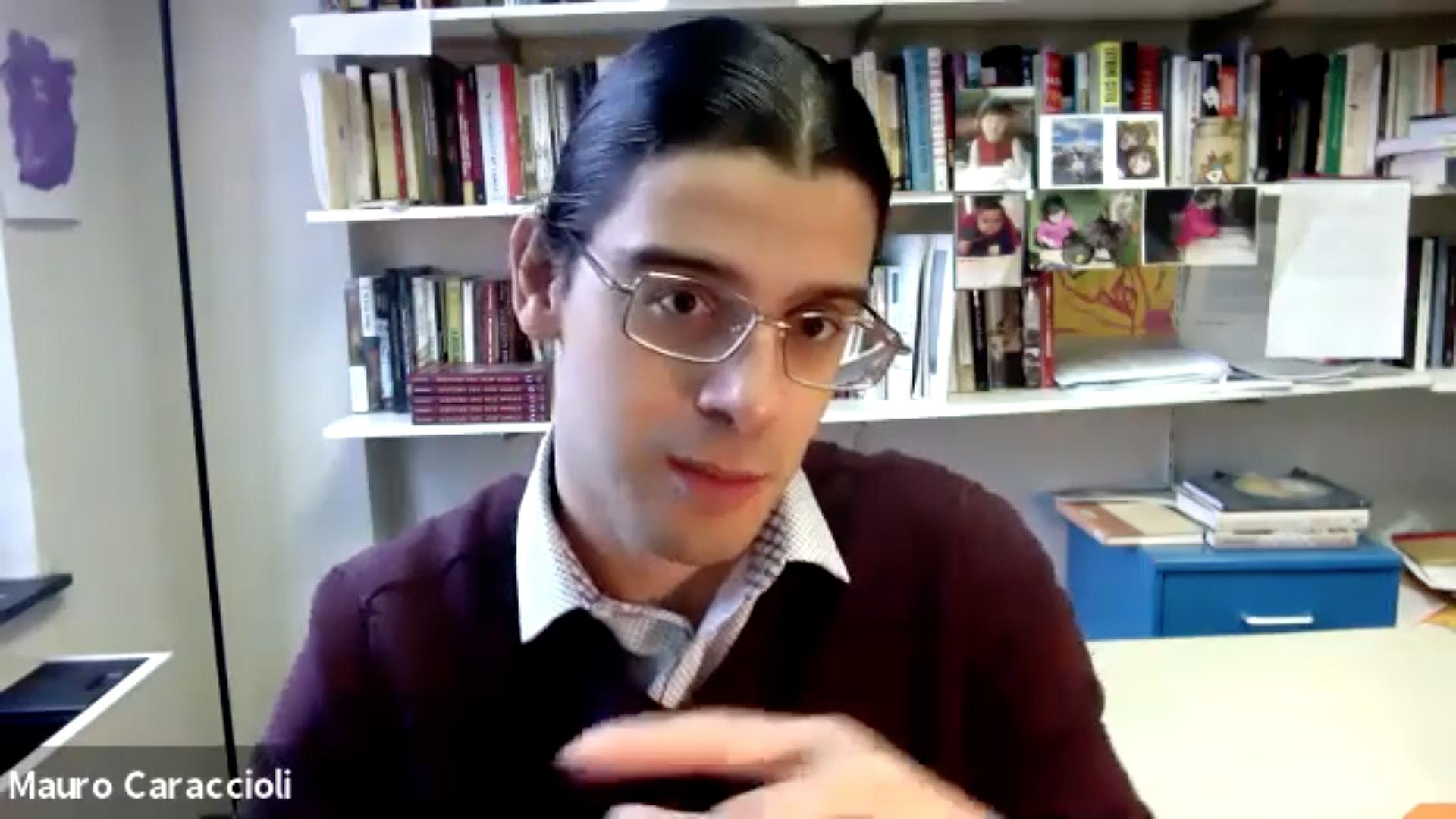
7 minute read
See SOC 390
SOC 390: Class plans a slew of teach-ins
Continued from Page 1
Advertisement
The class, formally titled Defund, Transform, Abolish?: (Re)Imagining Justice, has been examining texts on abolition all semester long, but it is the final project that is particularly compelling. Battle, who is the co-founder of the local group Triad Abolition Project, has assigned her students to lead teach-ins for members of the Wake Forest community (and beyond).
Teach-ins, according to Pedagogy & American Literature Studies, are when a person speaks about a social justice topic they have gained familiarity with for the purpose of educating a community (usually of fellow activists). These education sessions helped galvanize the youth-led social movements of the 1960s, Marshall Sahlins wrote for The Nation.
“Part of the practice of abolition is about existing in community and about community education and community engagement,” Battle said. “I really wanted all of the assignments, but certainly the final, to really reflect that process.”
“Teach-ins are something that my organization does a lot,” Battle continued. “A lot of abolitionist organizations and a lot of organizations that are just committed to social justice and racial equality hold teach-ins. Teachins have been happening for a long time and they’re happening now, possibly more frequently because Zoom is the norm now.”
Battle decided to teach the course as an effort to bring abolition into the classroom, where she believes it has been largely absent.
“Abolition is part not only of my activism but my scholarship,” Battle said. “So I thought it would be interesting to teach this course and have it contribute to the crime and criminal justice concentration in the Sociology Department.”
Junior Chris Cates, whose group is teaching-in about how Wake Forest upholds systems of racism and violence in Winston-Salem, believes that teach-ins are a perfect way to encapsulate the work the class has done this semester.
“All semester, we have learned about the various ways that communities and organizers have gained knowledge from one another in collective ways such as this,” Cates said. “So what better way to end off our semester than to give back to the community by giving crash courses on some of the material we have covered in this class?”
Sophomore River Cook’s group is leading a teach-in on the role of the carceral, or police state, in academia. They said their biggest challenge in getting ready for the teach-in was preparing for a public speaking role.
“For me, the biggest challenge has been internal,” Cook said. “Because you don’t know a majority of the people listening to you talk, and it’s over Zoom so a lot of people will have their cameras off.”
Senior Eli Krakow took the course because he wanted to dive deeper into issues of abolition that were raised over the summer. He is leading a teach-in on how alternatives to prison often end up reinforcing the same racist systems that prisons do.
“I found that abolition was still on my mind, so I wanted to go beyond the general ideas and more into specifics,” Krakow said.
Cook also emphasized the importance of teach-ins on Wake Forest’s campus and explained how the experience of bringing abolition out of the classroom — through debate and courses — and into the surrounding world.
“[In high school and early college], I primarily engaged in the academic side of abolition; like reading the literature,” Cook said. “I hadn’t engaged much in the activist community, and partially because of this class, I’ve become much more involved in WinstonSalem and my hometown of Austin, Texas.”
“The biggest thing that I had to be aware of was meeting people where they’re at and being attuned to different people’s circumstances,” Cook added. “Even if I have access to all of these resources, it’s very important to find ways to demystify academia and make it so that the knowledge being produced is accessible to everyone.”
The other teach-in topic is “Reimagining Conflict After COVID”.
Battle, who advertised the teach-ins on her Twitter feed, noted that the reception has been incredibly positive, with people both in and outside of the Wake Forest community expressing interest. Among the 175 users who have retweeted Battle’s post is Mariame Kaba, a famous modern abolitionist who wrote “We Do This ‘Til We Free Us”.
Wake Forest students are welcome to attend the teach-ins, the flyers for which will be attached to this article online.

Photo Courtesy of Brittany Battle
Teach-ins, which helped galvanize the youth activist movements of yesteryear, are the focus of the Sociology 390 class final project.


New politics class receives NEH grant money
Dr. Jack Amoureux’s New Ideas on Imperialism class received a collaborative humanities grant
BY COOPER SULLIVAN
Asst. News Editor sullcg20@wfu.edu
As teachers and instructors across the globe struggle to properly engage their students through their computer screens, Professor Jack Amoureux had a new idea for his Special Topics in Politics course. Amoureux is teaching New Ideas on Imperialism for the first time and didn’t want to simply assign readings like a typical class. His ingenuitive plan? Invite the authors of each book to speak to the class and have groups plan for, transcribe and then publish the discussions.
“Normally in a classroom, you are just wondering out loud about these questions that you want to ask the author,” Amoureux said. “Well, here you get to ask the author. And then the author, in a way, gets to update what they’ve done with the book — like ‘what happened last week, last month, or last year?’ They get to talk about the implications of their book for these major events that are significant to us.”
The four authors, each of whom Amoureux had worked beside on panels with, wrote about imperialism in the typical sense: Spain at the height of its colonialism, imperialism’s effect on modern-day Britain with Brexit or even American militarization. Also included were the nuanced ways imperialism seeps into modern life. Topics examined included energy, the working class and the natural world.
“I wanted to bring some kind of variation,” Amoureux said. “Because no matter why you are taking the class, one of the topics is likely to be of interest to you if you enjoy talking about politics.”
Groups within the class were assigned to each author and tasked to generate questions and interview them. Using the transcription service Descript, the groups have been transcribing the interviews, cutting them down and readying them for publication on an international relations blog. Some groups have podcasts and video clips to upload. Unfortunately, this project came with a price tag, and Amoureux needed to find a way to pay for all of it.
At the beginning of the semester, Amoureux and his students collectively applied for a Faculty-Student Collaborative Humanities Research Grant from the Humanities Institute of Wake Forest, which is funded by a multi-year grant awarded to the university from the National Endowment for the Humanities (NEH).
“One way this was unusual was that me and all of my students applied for the grant,” Amoureux said. “Normally, it might just be a professor and one or two students working together, but we are bringing research and teaching all together.”
The $1,686 grant was used to compensate the authors for their time, to subscribe to the transcription service and to use media images. At the time of writing, not every transcription has been completed, and they most likely will not be done by the time grades are due May 16, so Amoureux has recruited a few students to remain on board with the project after the semester ends.
“One conversation I am looking forward to having with my students is, ‘what does this project look like in the future?’ Amoureux said. “And I already have talked to some like [junior] Hannah [Coates] and [junior] Katherine Finch, who has her own podcast.”
“Originally I wasn’t going to do a podcast as part of the project — I was just going to do the interviews and the video clips,” Amoureux continued. “But because of Finch’s involvement and the class’s enthusiasm for it, we decided to produce these podcasts. These podcasts are part of a series called ‘Eyes on Imperialism’.”
One thing that Amoureux emphasized was the uniqueness of this type of class format. He does not know of any other course-based research projects currently happening on campus, but he hopes that will change in the future.
“One of the things we are trying to do is provide some kind of example, how other classes could do this, how other faculty in other departments could do something similar,” Amoureux said. “The next step of the process is to figure out how to share our experience with others who might be inspired to do something similar.”
Amoureux will be teaching this class in the spring semester of the next school year with a new group of authors and will apply for another humanities grant to continue the interviewing and publication process.



